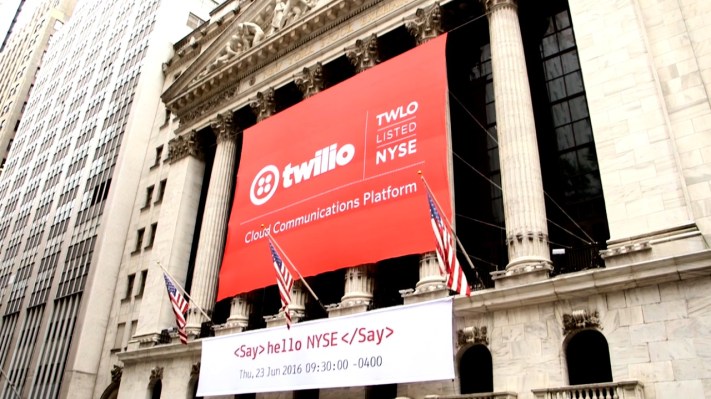There weren’t many tech IPOs this year, but they performed well.
Just 14 venture-backed tech companies went public, according to Dealogic. This compares to 25 last year and the 40+ we saw in each of the five years before. The last time we had fewer tech IPOs was in the 2009 financial crisis.
Macroeconomic concerns related to oil prices, China and the Brexit made it a suboptimal time to enter the stock market. Uncertainty about the presidential election caused some companies to sit on the sidelines and other pipeline companies may have been spooked after seeing last year’s tech IPOs trade down.
Highly-valued startups like Uber and Airbnb also didn’t need to go public to raise capital. “A lot of money continued to flow into private later stage companies,” Jay Hoag, partner at Technology Crossover Ventures, pointed out.
But the majority of the companies who braved the markets saw great returns, with all but three trading above their IPO price at the close of the year. Acacia, Impinj and Twilio even saw their share prices more than double.
For the most part, these were smaller deals; we didn’t see any billion-dollar offerings in 2016. The largest IPO of the year was Nutanix, which raised $274 million. Twilio and Coupa came in second and third, in terms of deal size.
Mutual funds T. Rowe Price and Fidelity had the most tech listings, according to Pitchbook data. No traditional venture firm saw more than two portfolio companies go public this year.
But next year is looking brighter, according to industry experts. There is a sizable list of companies in the pipeline and they are ready to go public as long as the stock market remains stable. (Big caveat: Trump’s unpredictable policies could potentially bring about volatility).
“If you have a stand-out product and the company has been designed to scale beyond its first act, it’s a great time to go public,” said Ravi Mhatre, partner at Lightspeed Venture Partners and an early investor in Nutanix. “Public market investors do have appetite for the best companies.”
Many will be looking at Snapchat’s IPO as a bellwether, although there aren’t many consumer companies ready for the next wave.
Expect “an incredibly strong lineup of enterprise companies,” according to Jeff Thomas, vice president and head of Western U.S. listings at the Nasdaq. And he would know: After several years of fighting head-to-head with the New York Stock Exchange, all but two tech companies listed on the Nasdaq this year.
